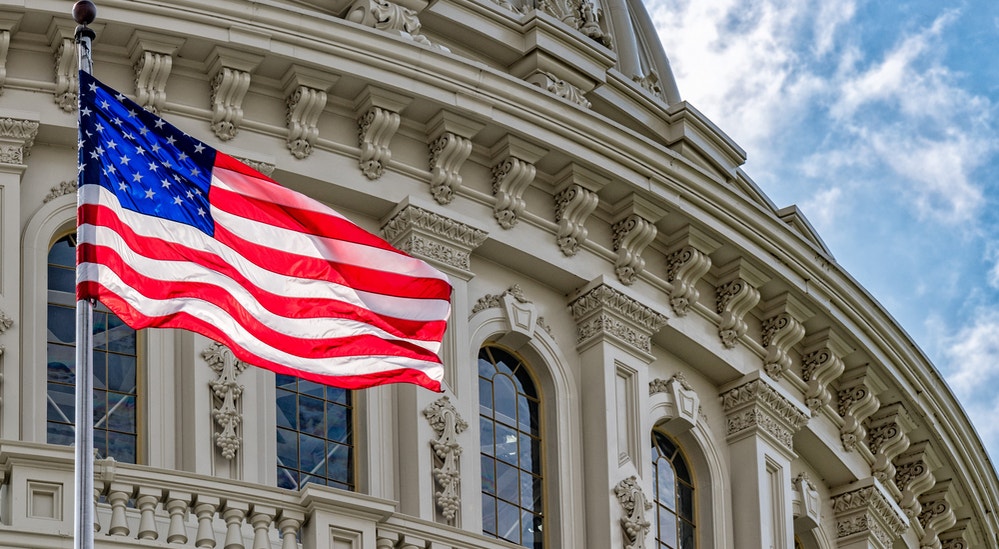
For 79 years they wanted the right to invest in early-stage companies apple inc in the 1970s, Metaplatforms Inc. 2004 or Airbnb Inc. In 2009 you had to be an “accredited investor”.
The concept originated in a 1933 law that created the US Securities & Exchange Commission (SEC) to protect against some of the excesses on Wall Street that led to the 1929 crash and the Great Depression that followed.
The Securities Act also included a provision that prohibited non-founders or other company insiders from investing in a pre-IPO company unless they either had at least $200,000 a year in steady income or a net worth of $1 million USD.
In theory, the law should protect financially inexperienced people from being invested in flashy but ultimately doomed companies. Unfortunately, there is no denying that the law has slammed the door on the hopes of millions of people strike gold in pre-IPO opportunities — while Silicon Valley insiders posed as bandits.
consider Peter Thiel. The co-founder of PayPal Holdings Inc. wasn’t a billionaire in 2004 – but he was wealthy and well-connected in Silicon Valley to get a chance to invest in Facebook early in the company. Thiel was able to turn the $500,000 he had invested into $1.1 billion.
Or take Uber Technologies Inc. in 2011, Amazon.com, Inc.‘S jeff bezos was part of a clique of tech titans that invested $37 million in Uber’s Series B funding. Just a few years later, Uber became the most valuable startup in the world.
Finally, in May 2019, Uber went public nearly a decade after billionaires, Wall Street funds, and tech moguls got their first bite of the apple. That meant ordinary Americans were at the bottom — even behind the government of Saudi Arabia, which was allowed to invest $3.5 billion in 2015.
To keep up to date with top startup news and investments,…
[ad_2]
Source story

